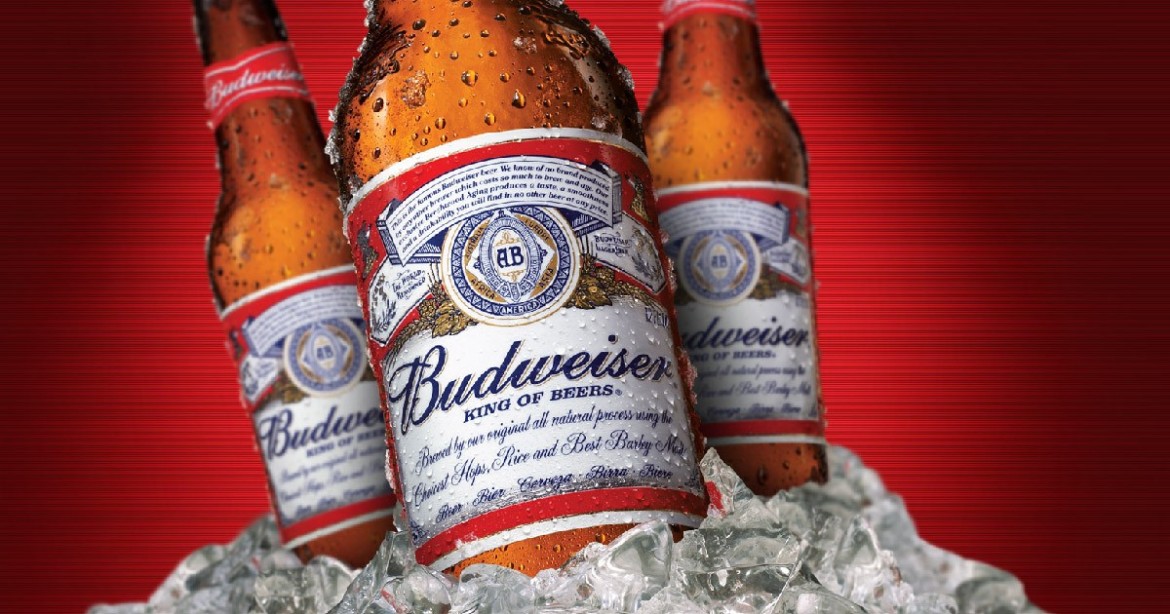Regulators parsing Anheuser-Busch InBev’s planned acquisition of SABMiller are dealing with two companies that have for years spent millions fighting battles in Washington.
The agreement, announced last week, would create a mega-brewer with sales more than three times as large as Heineken’s, the next closest competitor. Anheuser-Busch InBev and SABMiller will probably have to sell off some of their assets to get regulatory approval, the New York Times reported. But even after selling assets, the merged behemoth would account for an estimated 30 percent of beer sales worldwide.
BEER versus BREW
Convincing federal lawmakers to support controversial mergers – or at least not to oppose them or hold congressional hearings on them – is a crucial part of navigating toward a sealed deal. And for that, the two companies are well-equipped: Together, they have spent $66.5 million lobbying the federal government since 2002.
During 2014 alone, Belgium-based Anheuser-Busch InBev (with global brands including Budweiser and Stella Artois) laid out $4.6 million – its largest single-year total ever. Anheuser-Busch, the company’s wholly-owned subsidiary headquartered in St. Louis, spent $3.7 million of that. In fact, Anheuser-Busch lobbied more than any other member of the beer, wine and liquor industry – which spent a total of about $25 million that year – except the Distilled Spirits Council, a trade association.
This was no game of beer pong: The parent company hired 58 lobbyists in 2014, including two former House members: Vic Fazio, a Democrat from California, and Richard Gephardt, a Missouri Democrat who twice ran for president.
Most of the lobbying effort went into a pitched battle between the biggest brewers and the burgeoning craft beer industry over excise taxes. On one side were the major producers and their preferred bill, the Brewers Excise and Economic Relief Act. It would have provided some tax breaks for the craft brewers but also cut the taxes of even the largest beer-makers in half, to $9 from $18 per barrel. The BEER Act, which was also introduced in the Senate, never made it out of the Ways and Means Committee or the Senate Finance Committee.
On the other side: The Small Brewer Reinvestment and Expanding Workforce Act. The Small BREW Act would also lower the excise tax rate – but only for brewers producing 6 million barrels or fewer per year. Anheuser-Busch sold 96 million barrels in the United States last year, according to Beer Marketer’s Insights and reported by the Times. The legislation, introduced in the Senate as well, also only got as far as the committees. This year, Anheuser-Busch InBev’s lobbyists have heavily focused on similar (though not identical) legislation.
Weighing in on the same proposed legislation, London-based SABMiller (with global brands like Grolsch and Pilsner Urquell) spent $2.3 million to lobby last year – half of its suitor’s outlay – with a force of 21 lobbyists. All of it went through MillerCoors LLC, a joint venture between Molson Coors Brewing Company and SABMiller that’s headquartered in Chicago.
Also, the cash
The other part of any savvy Washington strategy, of course, is contributions to candidates. Anheuser-Busch InBev employees and its PAC have donated about $17 million to federal candidates and political parties since the 1990 election cycle. That includes $1.2 million during the last cycle, with the bulk of it going to the GOP. The company’s top recipients were Reps. Ann Wagner (R-Mo.), who accepted $16,200, and Blaine Luetkemeyer (R-Mo.), who took in $15,200. In fact, just one of the company’s 10 home-state lawmakers failed to draw funds from Anheuser-Busch.
Home-state loyalty aside, it’s no accident that the company favored members of the powerful tax-writing Ways and Means Committee over those on other panels. Eighteen members of Ways and Means received a total of $76,000 during the last election cycle.
SABMiller is a smaller contributor, with employees and a PAC giving a total of $1.9 million to federal campaigns and parties since the 2002 election cycle. During the 2014 midterms, its donations came to $316,000 – the majority of which went to Republicans.
Some members of Congress like their beer enough not just to buy it by the case, but to invest in it. Nine owned shares in Anheuser-Busch InBev during the last election cycle: Reps. Diane Black (R-Tenn.), Dave Camp (R-Mich.), John Larson (D-Conn.), Kenny Marchant (R-Texas), Jim Renacci (R-Ohio) and Hal Rogers (R-Ky.), as well as Sens. Gary Peters (D-Mich.), Sheldon Whitehouse (D-R.I.) and then-Sen. Kay Hagan (D-N.C.).






